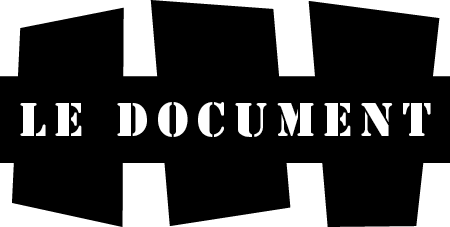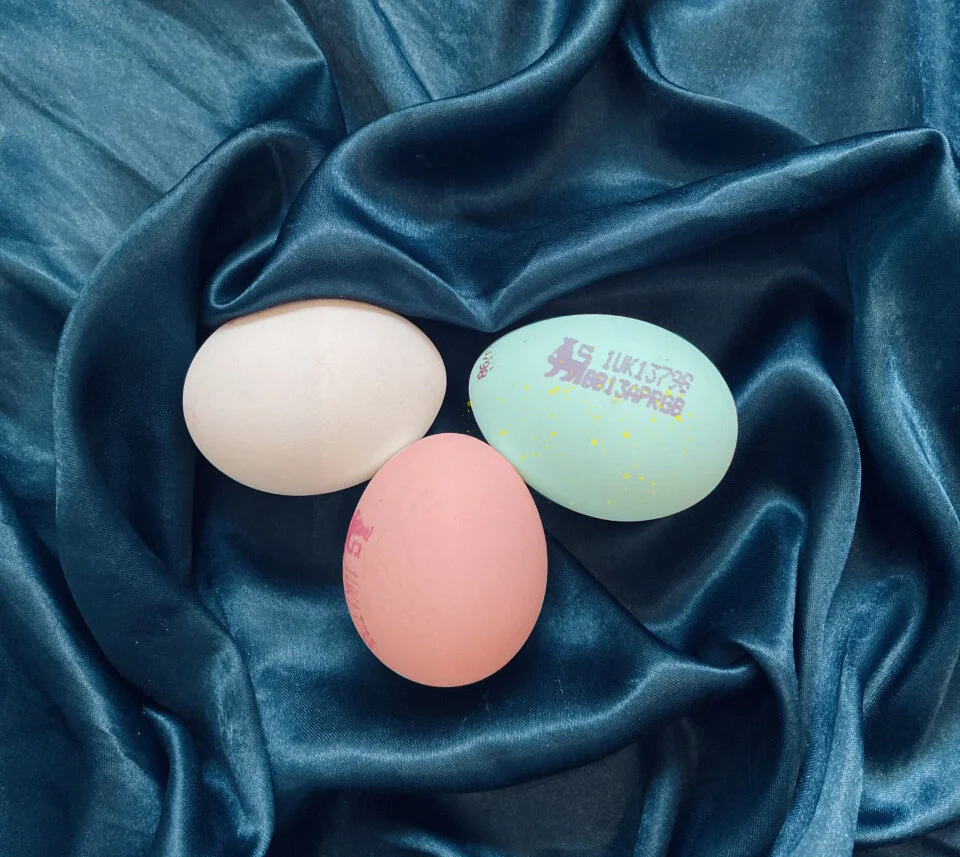WE MUST CONTINUALLY REVISE OUR ENDINGS by Charlotte Knight
For the month of April, I’ve chosen to revisit Charlotte Knight’s poem WE MUST CONTINUALLY REVISE OUR ENDINGS which was published in Issue 28: Modernism in the Contemporary of The Modernist Review which I edited back in February. The poem explores themes of loss through miscarriage to give a vividly haunting version of what it is like to lose a child during pregnancy.
The poem opens with “I often wonder what could have been”, which immediately sets us up for a poem that will go on to discuss some kind of loss or missed opportunity. The rest of this first stanza builds on this information, giving clues about what will follow. I love the image of the stomach like “a cold moon” and how this contrasts with the stream that’s being emitted from the narrator’s body. The heat it a kind of indicator of life, whereas the cold moon stomach hints at the coldness of death in relation to a stomach which is no longer carrying a baby.
The second stanza paints a vivid image through use of colour and temperature in a similar way to the first. We get an indication of where the narrator is in terms of the landscape; they “lay in the snow [with] England’s barren sky above [them]”. It is a bleak image, made even more so by the blood that seeps from “a mysterious wound”. Like the contrast of the cold moon and the steam from the first stanza, Knight makes use of juxtaposed colours: the red of the blood which stands out violently against the white of the snow. It is also the temperature that is drawn attention to, the way in which blood is often described as hot which is opposite to the freezing snow. These two things relate perfectly with the “cold moon” and the “boiled egg” (I immediately think of the common phrase it made my blood boil).
The poem follows the narrator as they try to explain what has happened to a doctor. She tells of her sides splitting open from laughter. It is a strange image which is at odds with the previous description of bleeding wounds. But to me, it reads as a kind of ecstaticism that can come with grief. Sometimes we laugh at inappropriate things, and not because we find them at all funny. Sometimes all we can do is laugh when faced with unimaginable horror. The image of the sides splitting open brings to mind a caesarean section where the whole underbelly of your stomach is cut open from side to side to allow for the baby to come out. The laughter, for me, brings about connotation of crying (of the baby and of the mother). When at extremes, laughing and crying are almost the same thing. Many times I have laughed so much I have ended up crying, and vice versa.
I am also transfixed by the lines “[…] I laugh / at the medical impossibility / at so many impossibilities / Motherhood or that someone could make me laugh”. The medical impossibility of motherhood seems to reflect the miracle of childbirth. It is something that is ordinary, but it is a wonder; to be able to grow an entirely new person inside of you and then to release them into the world as a fully formed thing. And the narrator finds the thought of being able to laugh impossible in the same way. Because she has suffered a very real and huge loss, that laughing takes on an alien form, it is something strange and unknowable.
The poem is written after Jean Rhys’ novel Voyage in the Dark, in which the protagonist Anna Morgan has a botched abortion. The title is a nod to the fact that, in the original manuscript, Rhys wrote that Morgan dies as a result of the abortion, but then she revised the ending prior to the book’s publication to make the ending more ambiguous. Knight’s poem too has an ambiguous ending, we are left not quite sure what has become of the narrator, not quite sure where we are in space and time.
Read the full poem here.



